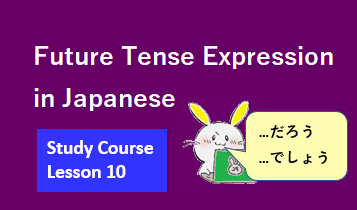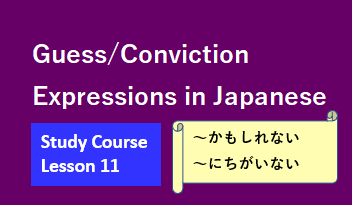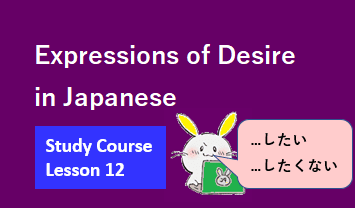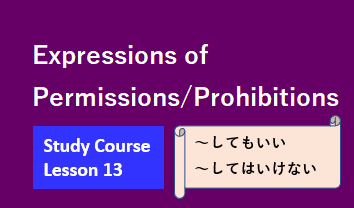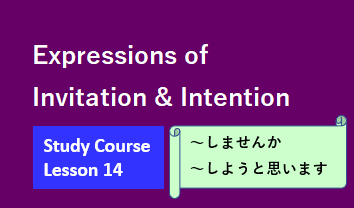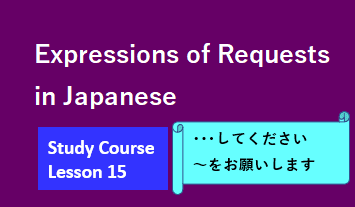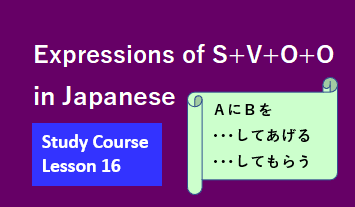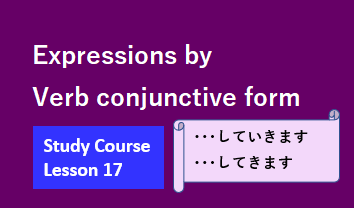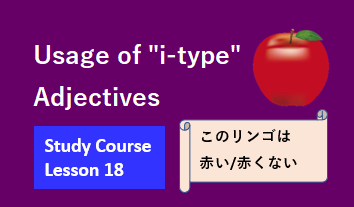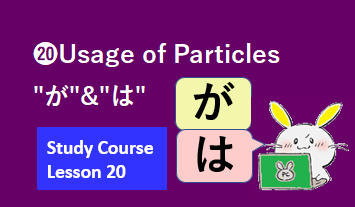Japanese Study Course Lesson19

There are two types of Japanese adjectives: i-type and na-type. In Lesson 19, we will study the usage of na-type adjectives. For example, it is an adjective used like "きれいな先生(a beautiful teacher)" or "静かな音楽(quiet music)". It can also be used as an adjective predicate sentence, such as "この音楽は静かだ。(This music is quiet.)".
19-1 Noun modification
Noun modification ➡ "na-type adjective + noun": ex. きれいな先生(a beautiful teacher)

Noun modification ➡ "na-type adjective + noun": ex. 静かな音楽(quiet music)

Japanese practice
English explanation
19-2 Adjective Predicate Sentence (present tense)
Adjective predicate sentence “A( subject )が/は B( adjective )。”
We studied adjective predicate forms in lesson 3.
(1)Affirmative form
Affirmative form ➡ “この音楽は静かだ。(This music is quiet.)”

- This music is quiet.
- Ordinary:この音楽は静かだ。
- Politely:この音楽は静かです。
- When forming an adjective predicate sentence using the na-type adjective, remove "な" from the na-type adjective and add the affirmative auxiliary verb after it.
- Replacing "だ" with "です" makes it more polite.
In Japanese grammar, the na-type adjectives are originally classified as "Adjective verbs," but in order to make it easier for foreigners studying Japanese to understand, the concept of "Adjective verbs" is no longer used, the mainstream method is to explain it as the "na-type adjective''. Therefore, KANBE Ryusho's Room is also explained based on this idea.
Japanese practice
English explanation
◆Detailed explanation
- Ordinary:この音楽は静かだ。
- Politely:この音楽は静かです。
- この音楽(subject)+は(nominative particle)+静かだ/静かです(adjective predicate)。
- 静かだ(adjective predicate)➡静か(na-type adjective "静かな", consecutive form)+だ(auxiliary verb, affirmation)
- 静かです(adjective predicate)➡静か(na-type adjective "静かな", consecutive form)+です(auxiliary verb, polite affirmation)
◆Vocabulary note
| 音楽 :(noun) music 静かな:(na-type adjective) quiet |
(2)Negative form
Negative form ➡ “この音楽は静かではない。(This music is not quiet.)”

- This music is not quiet.
- Ordinary:この音楽は静かではない。
- Politely➀:この音楽は静かではないです。
- To make the negative form of the na-type adjective, remove "な" of the na-type adjective and add a collocation phrase "ではない" indicated negation after it.
- Adding the auxiliary verb "です" to the end of the na-type adjective predicate sentence makes it more polite.
- Politely➁:この音楽は静かではありません。
- To make another polite negative form of the na-type adjective, remove "な" of the na-type adjective and add a collocation phrase "ではありません" indicated polite negation after it.
Japanese practice
English explanation
English explanation
◆Detailed explanation
- Ordinary:この音楽は静かではない。
- Politely➀:この音楽は静かではないです。
- この音楽(subject)+は(nominative particle)+静かではない/静かではないです(adjective predicate)。
- 静かではない(adjective predicate)➡静か(na-type adjective "静かな", negative form)+ではない(collocation phrase, negation)
- 静かではないです(adjective predicate)➡静か(na-type adjective "静かな", negative form)+ではない(collocation phrase, negation)+です(auxiliary verb, polite affirmation)
- ではない(collocation phrase, negation)➡で(conjunction particle)+は(adverbial particle)+ない(auxiliary verb, negation)
- Politely➁:この音楽は静かではありません。
- この音楽(subject)+は(nominative particle)+静かではありません(adjective predicate)。
- 静かではありません(adjective predicate)➡静か(na-type adjective "静かな", negative form)+ではありません(collocation phrase, polite negation)
- ではありません(collocation phrase, polite negation)➡で(conjunction particle)+は(adverbial particle)+あり(verb "ある", consecutive form)+ませ(auxiliary verb "ます", polite, negative form)+ん(auxiliary verb, negation)
(3)Interrogative form (Question)
Interrogative form ➡ “このかばんはじょうぶですか。(Is this bag sturdy?)”

- Is this bag sturdy?
- Ordinary:このかばんはじょうぶか。
- Politely:このかばんはじょうぶですか。
- To make the interrogative form of the na-type adjective, remove "な" of the na-type adjective and add the ending particle "か" indicated question.
- Adding the auxiliary verb "です" after the na-type adjective makes it more polite.
Japanese practice
English explanation
◆Detailed explanation
- Ordinary:このかばんはじょうぶか。
- Politely:このかばんはじょうぶですか。
- このかばん(subject)+は(nominative particle)+じょうぶか/じょうぶですか(adjective predicate)。
- じょうぶか(adjective predicate)➡じょうぶ(na-type adjective "じょうぶな", consecutive form)+か(ending particle, question)
- じょうぶですか(adjective predicate)➡じょうぶ(na-type adjective "じょうぶな", consecutive form)+です(auxiliary verb, polite affirmation)+か(ending particle, question)
◆Vocabulary note
| かばん :(noun) bag じょうぶな:(na-type adjective) sturdy |
19-3 Adjective Predicate Sentence (past tense)
(1)Affirmative form
Past Affirmative form ➡ “彼の部屋はきれいでした。(His room was clean.)”
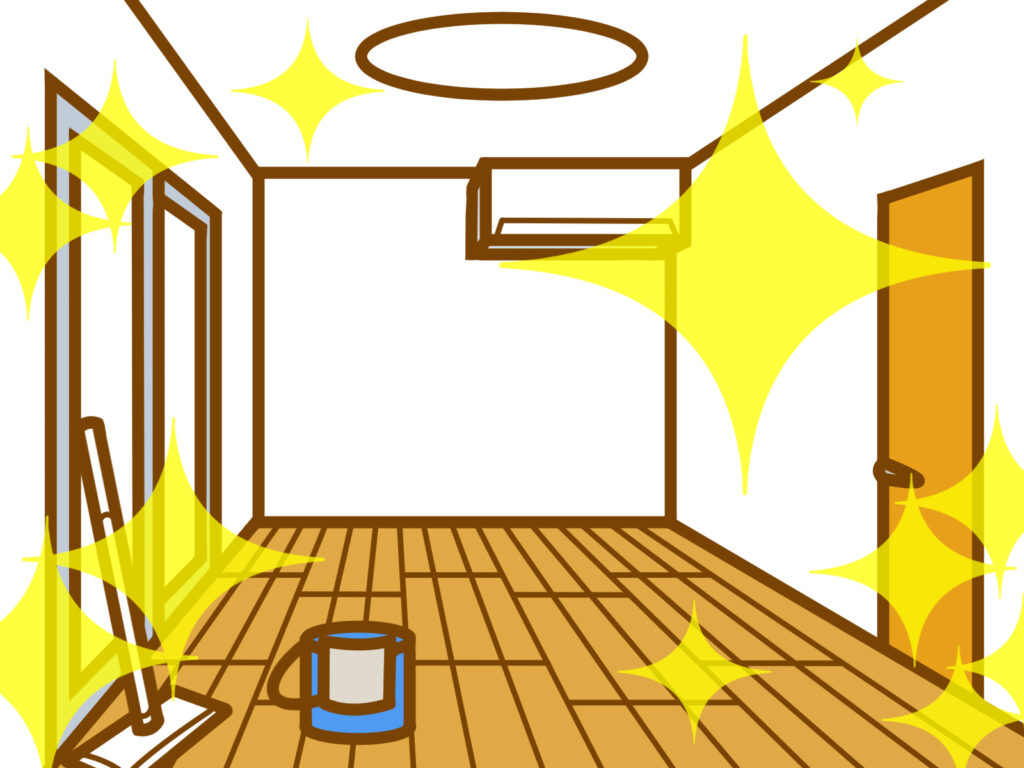
- His room was clean.
- Ordinary:彼の部屋はきれいだった。
- To make the past affirmative form of the na-type adjective, remove "な" of the na-type adjective and add a compound auxiliary verb "だった" indicated past affirmation.
- Politely:彼の部屋はきれいでした。
- To make the polite past affirmative form of the na-type adjective, remove "な" of the na-type adjective and add a compound auxiliary verb "でした" indicated polite past affirmation.
- Replacing "だった" with "でした" makes it more polite.
In Japanese grammar, the concept of "Adjective verbs'' is used, so the auxiliary verb "だ'', which indicates affirmation, does not have a consecutive form. However, in this teaching material, it is classified as the "na-type adjective,'' so "だった'' is explained as a kind of a compound auxiliary verb.
Japanese practice
English explanation
◆Detailed explanation
- Ordinary:彼の部屋はきれいだった。
- Politely:彼の部屋はきれいでした。
- 彼の部屋(subject)+は(nominative particle)+きれいだった/きれいでした(adjective predicate)。
- きれいだった(adjective predicate)➡きれい(na-type adjective "きれいな", consecutive form)+だっ(auxiliary verb "だ", past tense form, affirmation)+た(auxiliary verb, past)
- きれいでした(adjective predicate)➡きれい(na-type adjective "きれいな", consecutive form)+でし(auxiliary verb "です", past tense form, polite affirmation)+た(auxiliary verb, past)
◆Vocabulary note
| 部屋 :(noun) room きれいな:(na-type adjective) clean |
(2)Negative form
Past Negative form ➡ “彼の部屋はきれいではなかったです。(His room was not clean.)”

- His room was not clean.
- Ordinary:彼の部屋はきれいではなかった。
- Politely➀:彼の部屋はきれいではなかったです。
- To make the past negative form of a na-type adjective, remove "な" of the na-type adjective and add a collocation phrase "ではなかった" indicated past negation.
- Adding the auxiliary verb "です" to the end of the na-type adjective predicate sentence makes it more polite.
- Politely➁:彼の部屋はきれいではありませんでした。
- To form another polite past negative form of the na-type adjective, remove "な" of the na-type adjective and add a collocation phrase for polite past negation "ではありませんでした" at the end of the sentence.
Japanese practice
English explanation
◆Detailed explanation
- Ordinary:彼の部屋はきれいではなかった。
- Politely➀:彼の部屋はきれいではなかったです。
- 彼の部屋(subject)+は(nominative particle)+きれいではなかった/きれいではなかったです(adjective predicate)。
- きれいではなかった(adjective predicate)➡きれい(na-type adjective "きれいな", consecutive form)+ではなかった(collocation phrase, past negation)
- きれいではなかったです(adjective predicate)➡きれい(na-type adjective "きれいな", consecutive form)+ではなかった(collocation phrase, past negation)+です(auxiliary verb, polite affirmation)
- ではなかった(collocation phrase, past negation)➡で(conjunction particle)+は(adverbial particle)+なかっ(auxiliary verb, past tense form, negation)+た(auxiliary verb, past)
- Politely➁:彼の部屋はきれいではありませんでした。
- 彼の部屋(subject)+は(nominative particle)+きれいではありませんでした(adjective predicate)。
- きれいではありませんでした(adjective predicate)➡きれい(na-type adjective "きれいな", consecutive form)+ではありませんでした(collocation phrase, polite past negation)
- ではありませんでした(collocation phrase, polite past negation)➡で(conjunction particle)+は(adverbial particle)+あり(verb "ある", consecutive form)+ませ(auxiliary verb "ます", polite, negative form)+ん(auxiliary verb, negation)+でし(auxiliary verb "です", past tense form, polite affirmation)+た(auxiliary verb, past)
19-4 Adjective Predicate Sentence (AはBが〇〇)
AはBが〇〇 ➡ “私はJJ先生が好きだ。(I like teacher JJ.)”

- I like teacher JJ.
- Ordinary:私はJJ先生が好きだ。
- Politely:私はJJ先生が好きです。
- Replacing "だ" with "です" makes it more polite.
Japanese practice
English explanation
◆Detailed explanation
- Ordinary:私はJJ先生が好きだ。
- Politely:私はJJ先生が好きです。
- 私(title)+は(title particle)
- JJ先生(subject)+が(nominative particle)+好きだ/好きです(adjective predicate)。
- 好きだ(adjective predicate)➡好き(na-type adjective "好きな", consecutive form)+だ(auxiliary verb, affirmation)
- 好きです(adjective predicate)➡好き(na-type adjective "好きな", consecutive form)+です(auxiliary verb, polite affirmation)
◆Vocabulary note
| 先生 :(noun) teacher 好きな:(na-type adjective) like/favorite |
Can you say the following sentence in Japanese?
"Yesterday, I met my favorite teacher JJ in front of the station. She is a very nice Japanese teacher." Now, you will try saying:
「昨日、私は大好きなJJ先生に駅前で会いました。 彼女はとても素敵な日本語の先生です。」

Japanese practice

Today's lesson ends here. Ladies and gentlemen, did you understand today's theme "Usage of na-type adjectives"? Next time, we will study "Usage of nominative particles." See you!
See you next lesson!

English explanation
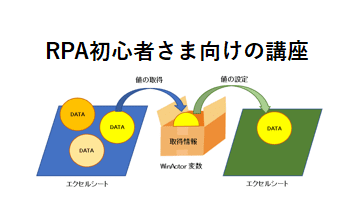

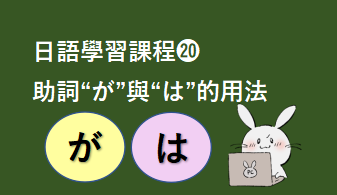






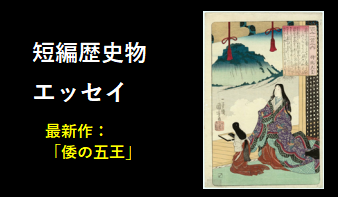
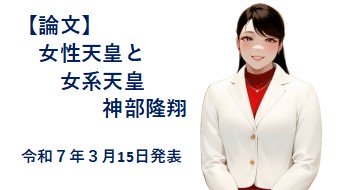
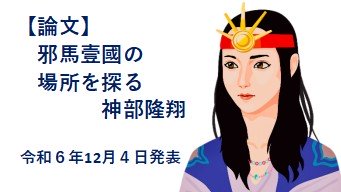
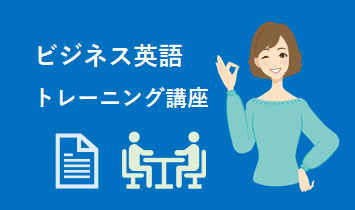

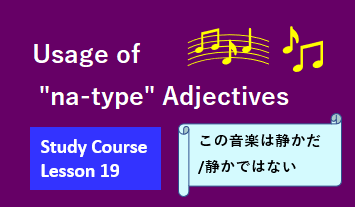



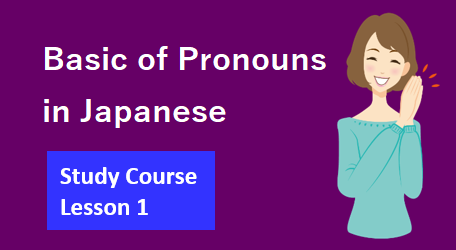
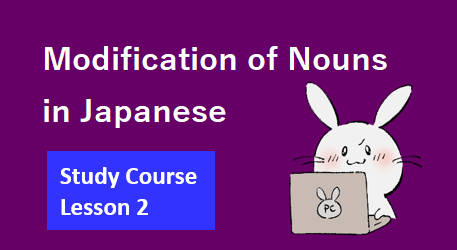


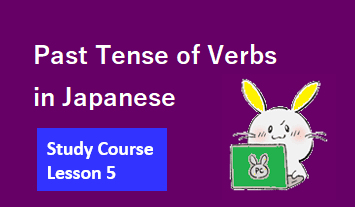
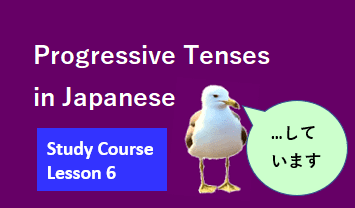
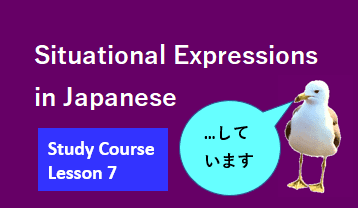
![❽Possible Expressions [1]](https://ryusho-kanbe.com/wp-content/uploads/2023/04/スクリーンショット-2023-04-03-100754.png)
![❾Possible Expressions [2]](https://ryusho-kanbe.com/wp-content/uploads/2023/04/スクリーンショット-2023-04-28-095816.png)
